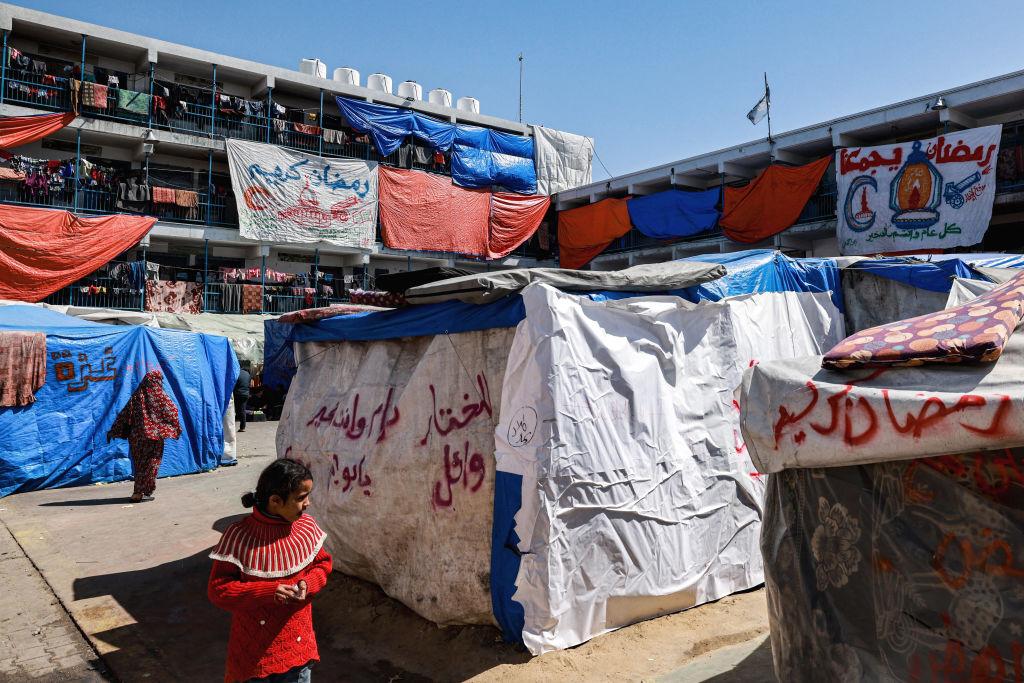U.S. and Israeli officials met virtually on April 1 to discuss Israel’s likely invasion of the Gazan city of Rafah, said White House press secretary Karine Jean-Pierre.
“We want to make sure, if there is going to be a military operation—we also know that there are Hamas operators in Rafah as well—but if they are going to move with a military operation, we have to have this conversation,” said Ms. Jean-Pierre. “We have to understand how they’re going to move forward.”





